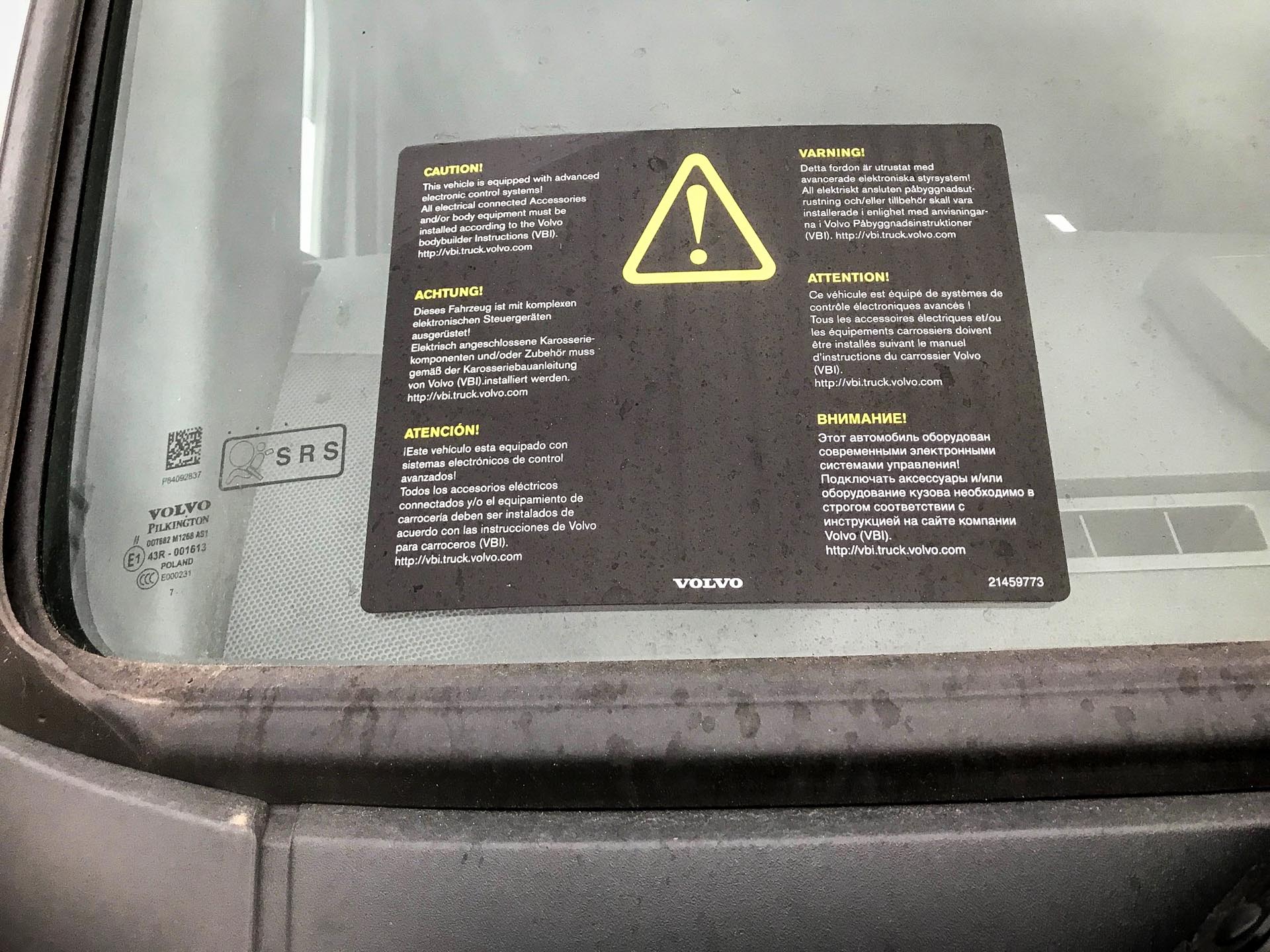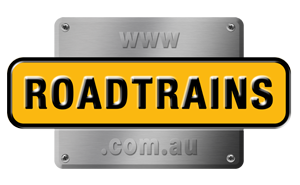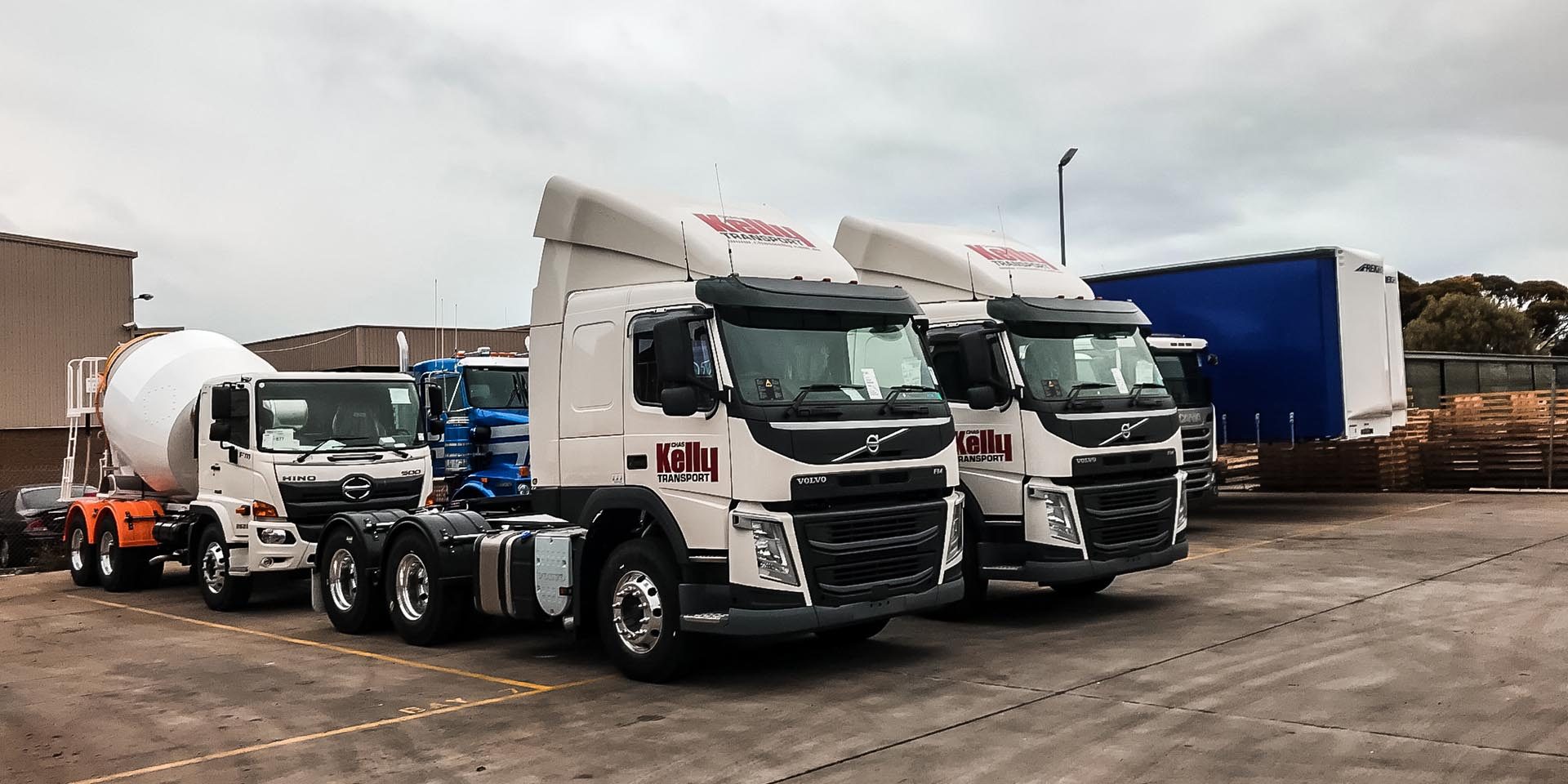Buyer Beware – Volvo trucks Not so Australian Made!
Images supplied
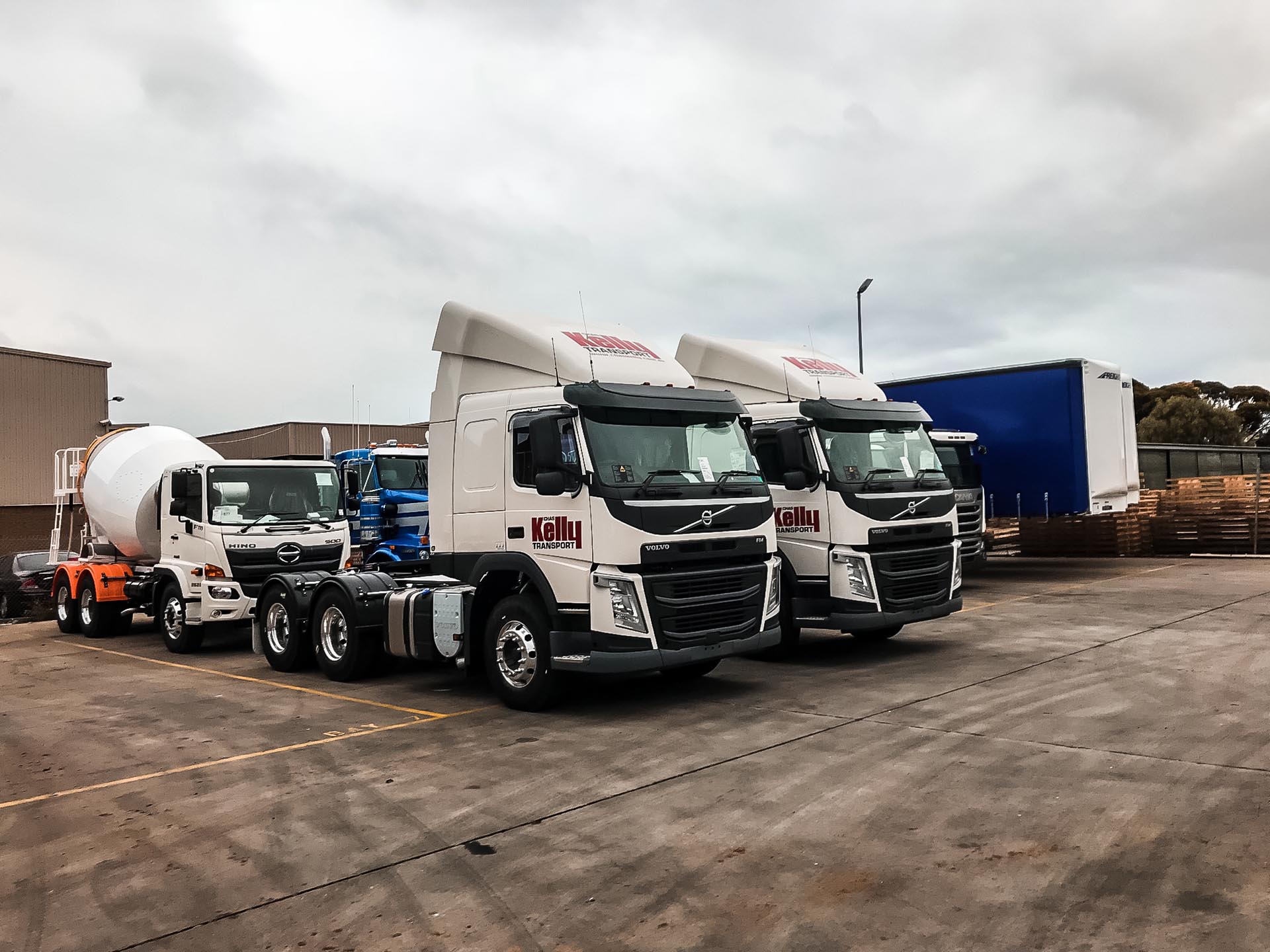 Images supplied to Roadtrains.com.au this week confirm rumours that Volvo Trucks are fully importing vehicles into Australia. What’s wrong with that you may ask? After all Freightliner, Mercedes-Benz, Western Star, Scania and host of Japanese manufacturers all do it. Yes, but what those manufacturers don’t do is claim to be “Australian Made”
Images supplied to Roadtrains.com.au this week confirm rumours that Volvo Trucks are fully importing vehicles into Australia. What’s wrong with that you may ask? After all Freightliner, Mercedes-Benz, Western Star, Scania and host of Japanese manufacturers all do it. Yes, but what those manufacturers don’t do is claim to be “Australian Made”
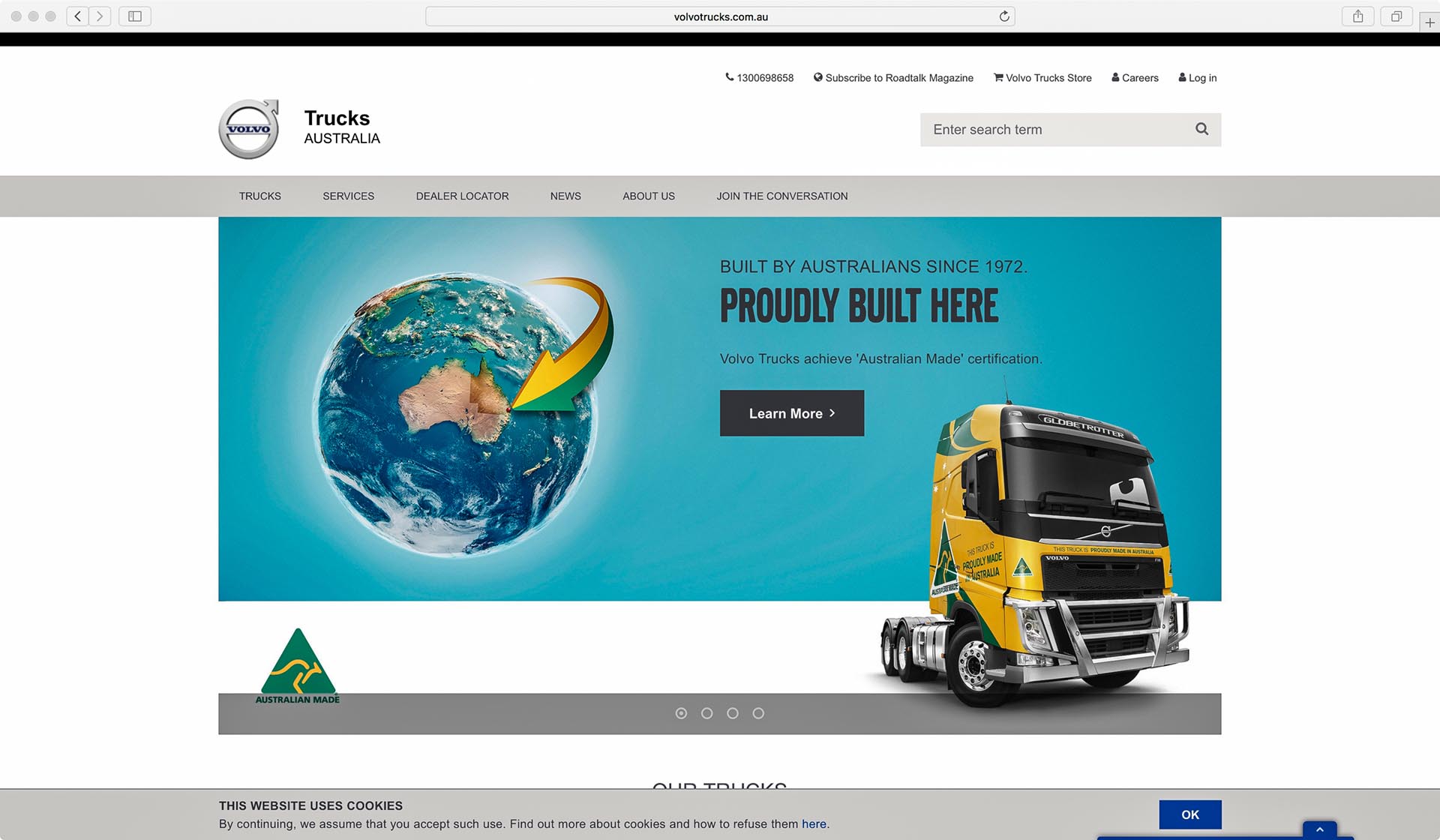 If you visit Volvo Truck’s Australian website one of the four slides on their home page espouses their Australian heritage, “Built by Australians since 1972” and “Proudly built here”.
If you visit Volvo Truck’s Australian website one of the four slides on their home page espouses their Australian heritage, “Built by Australians since 1972” and “Proudly built here”.
On the contrary, have a close look at the delivery stickers on the window of these two new Volvo FM trucks waiting delivery. They were shipped to Brisbane, Australia from the sea port of Wallhamn in Sweden, by the Norwegian/Swedish shipping company Wallenius Wilhelmsen Logistics.
What does this mean for Australian buyers? Fully imported trucks have rolled up and down Australian highways for many years, with varying degrees of success. Moreover, when a buyer chooses to purchase a fully imported truck then they feel that vehicle will best fit their needs at the time, that is all good and well. However, at the time of their purchase they should be made abundantly aware they are buying a fully imported vehicle.
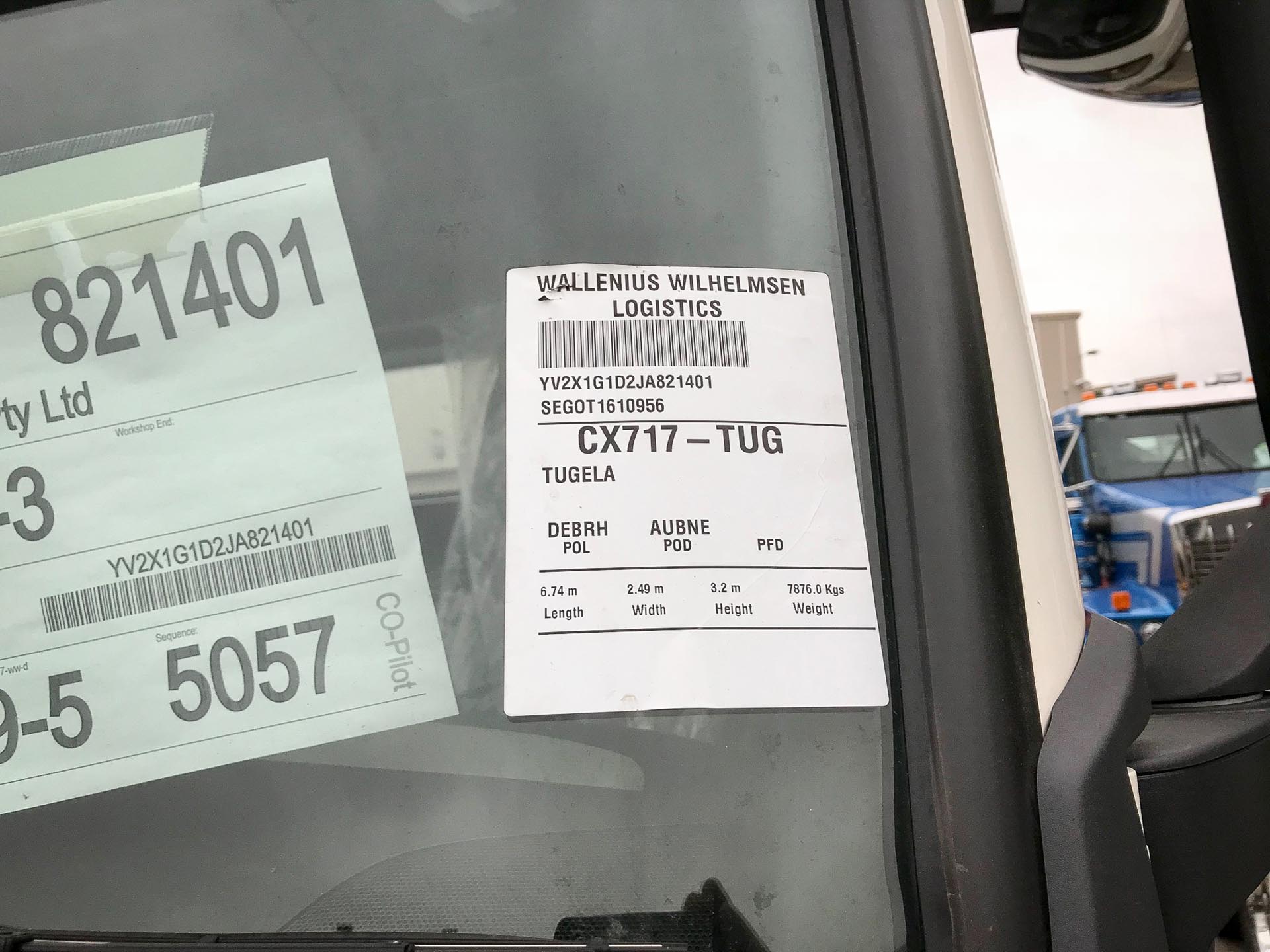 Mitch Peden, Vice-President – Volvo Trucks Australia told Roadtrains.com.au that “Volvo Group predicted an uplift in industry volumes 18 months ago, which has proven to be correct, as we are currently experiencing a very high volume of orders for Volvo product in Australia. A strong market with increasing demand for our trucks is an enviable position to be in, but our focus remains on meeting our customers’ needs.
Mitch Peden, Vice-President – Volvo Trucks Australia told Roadtrains.com.au that “Volvo Group predicted an uplift in industry volumes 18 months ago, which has proven to be correct, as we are currently experiencing a very high volume of orders for Volvo product in Australia. A strong market with increasing demand for our trucks is an enviable position to be in, but our focus remains on meeting our customers’ needs.
“We have imported a small number of trucks to meet the demands of a full order book and to maintain flexibility with local customisation build,” Peden said. “This approach keeps a pipeline of product moving out to customers while allowing our Wacol factory to remain focused on customisation of factory-build trucks suited to Australian and New Zealand customer needs and conditions.”
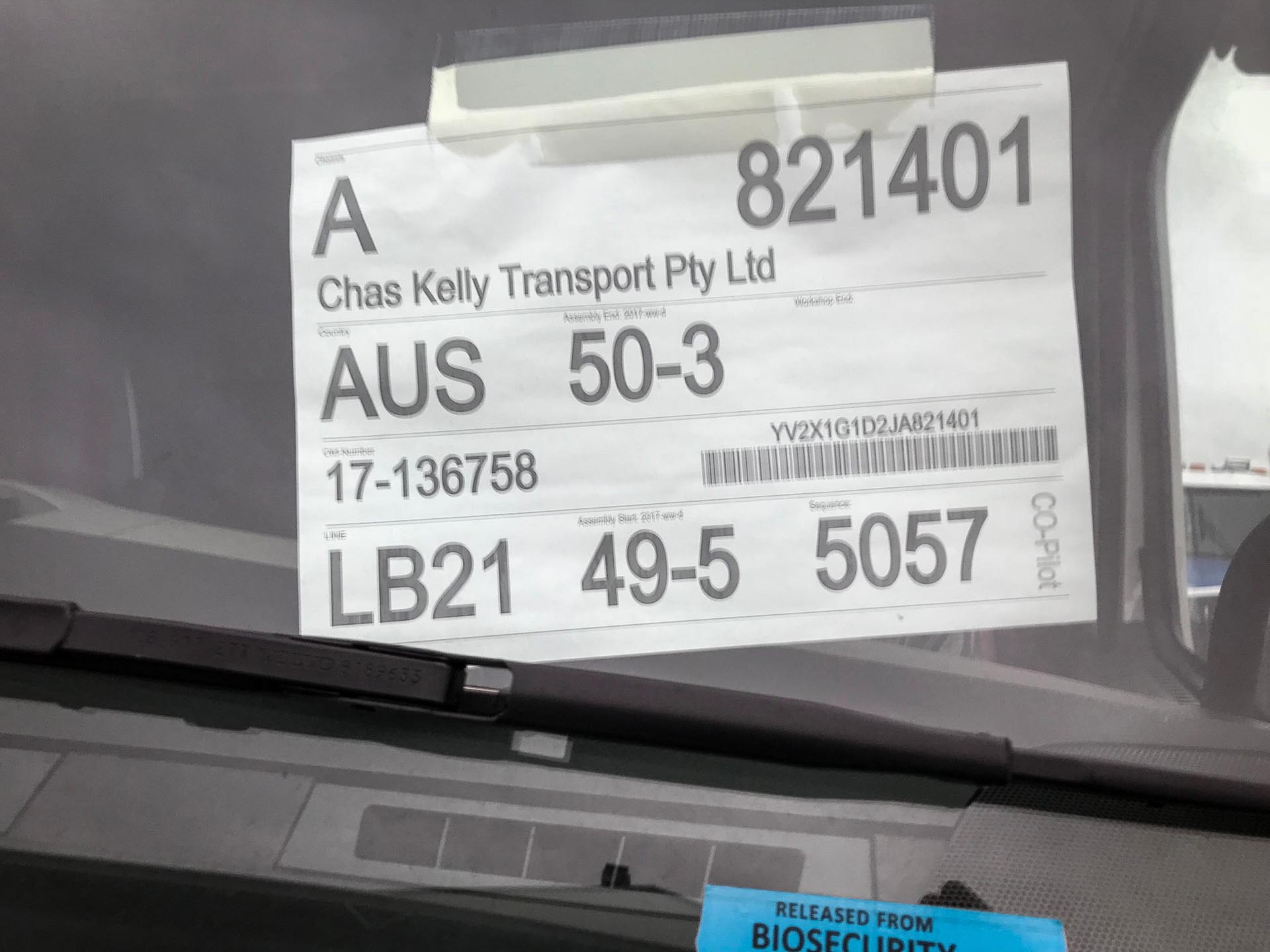 “To ensure we are able to maximise the build of customised product, we do have flexibility to bring in a more standard-specification product. For example, our FE model has been fully imported since 2006, which is a key part of our product portfolio” Peden continued. “Some of our trucks are needed for more simple tasks, which allows us to source a fully-imported solution, and to supply our customers with their preferred Volvo product.
“To ensure we are able to maximise the build of customised product, we do have flexibility to bring in a more standard-specification product. For example, our FE model has been fully imported since 2006, which is a key part of our product portfolio” Peden continued. “Some of our trucks are needed for more simple tasks, which allows us to source a fully-imported solution, and to supply our customers with their preferred Volvo product.
“The strength of our business model means we are able to supplement locally-produced volume with additional Volvo trucks to meet uplifts and strong demand, and we will continue to bring the full benefit of our Group to give Australian customers what they want.
“The market is very strong, and it is our intent to work with our key customers and business partners to offer the choice of a bespoke product manufactured in our factory or on occasion, a fully imported solution.”
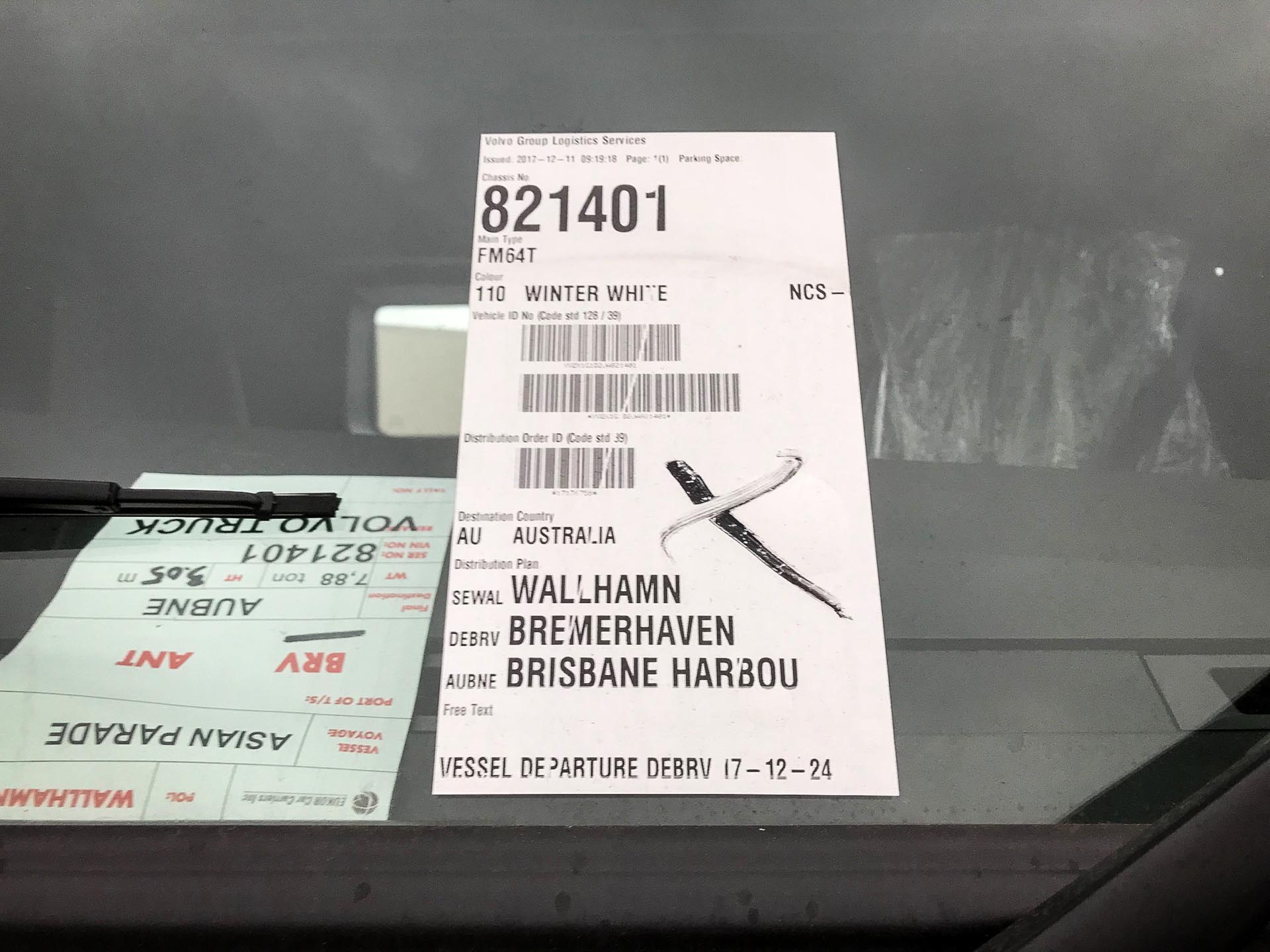 Good for Australia
Good for Australia
For many buyers, purchasing an Australian made product is their way of supporting local jobs and our economy. There is a direct correlation between consumer purchasing behaviour and employment, local economic development and prosperity. When you buy Australian made and grown products, you can be sure you are keeping your family members and friends employed.
The Industry Capability Network published research sometime back that identifies for every $1-million of new or retained manufacturing business in Australia, the following effects flow through the economy:
- $333,900 worth of tax revenue generated
- $985,000 worth of value-added generated
- $95,000 worth of welfare benefits saved
- 10 full-time jobs created
It makes sense to buy things that have been made right here in Australia.
(Source) Industry Capability Network. Economic impacts of the manufacturing and services sectors 2008. (www.icn.org.au)
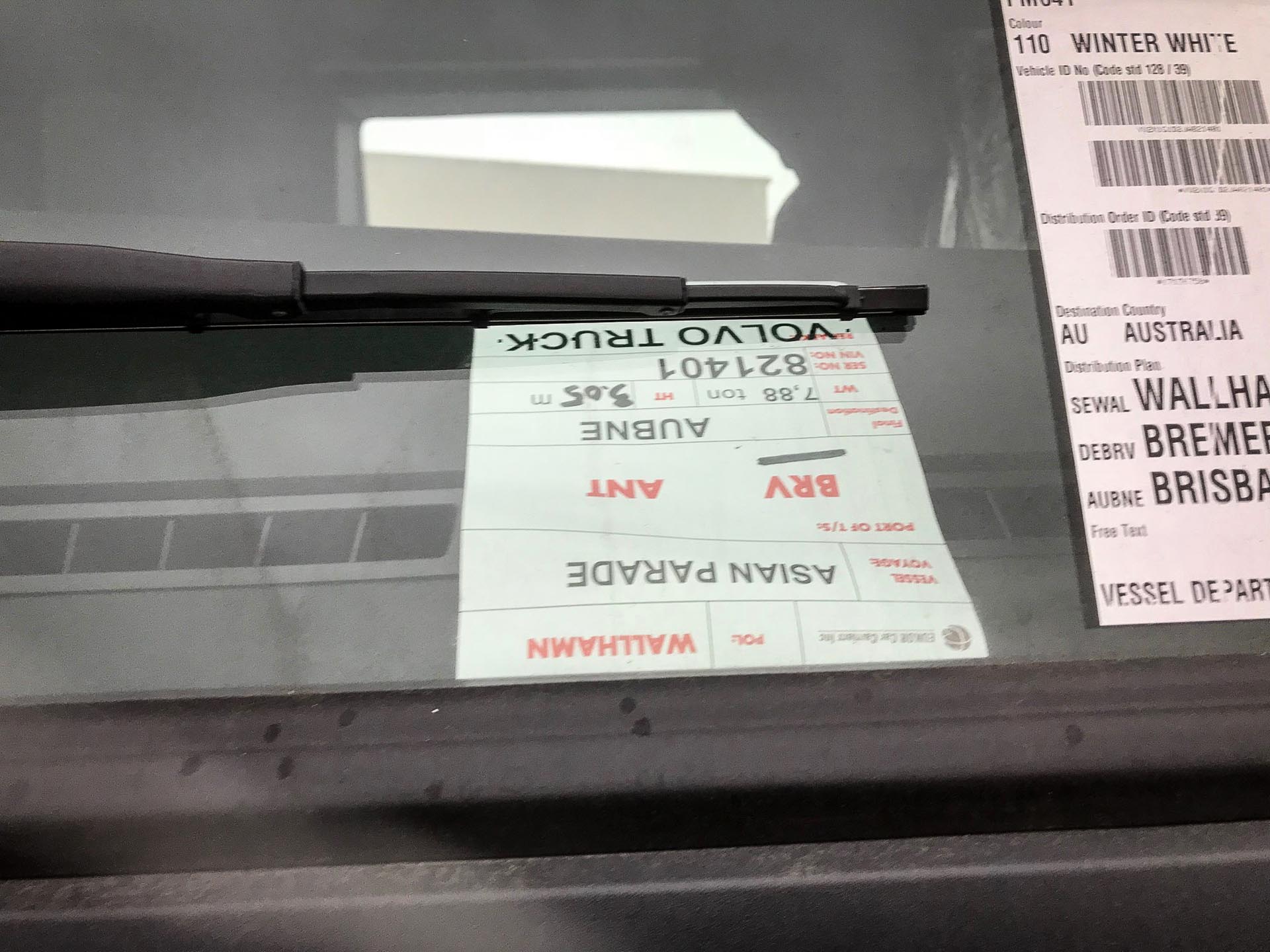 The fmiliar green triangle with the golden kangaroo, is logo designed to clearly identify products that are either made or grown in Australia. According to the “Australian Made” website, the AMAG logo is the most trusted and recognised symbol of products that are either made or grown right here in Australia.
The fmiliar green triangle with the golden kangaroo, is logo designed to clearly identify products that are either made or grown in Australia. According to the “Australian Made” website, the AMAG logo is the most trusted and recognised symbol of products that are either made or grown right here in Australia.
Meantime, the ACC has some clear guidelines for businesses that make statements that incorrectly or are likely to create a false impression. This rule applies to their advertising, their product packaging, and any information provided to consumers by their staff or online shopping services. It also applies to any statements made by businesses in the media or online, such as testimonials on their websites or social media pages.
For the time being however, it will be a case of ‘Caveat Emptor’ if a Volvo truck is on your shopping list.
